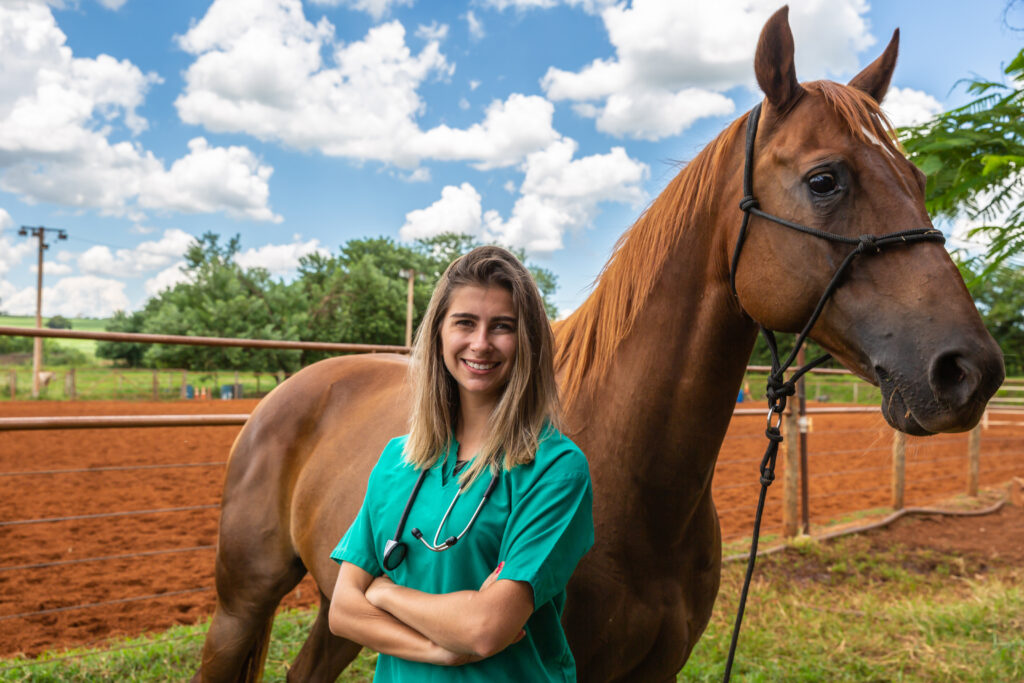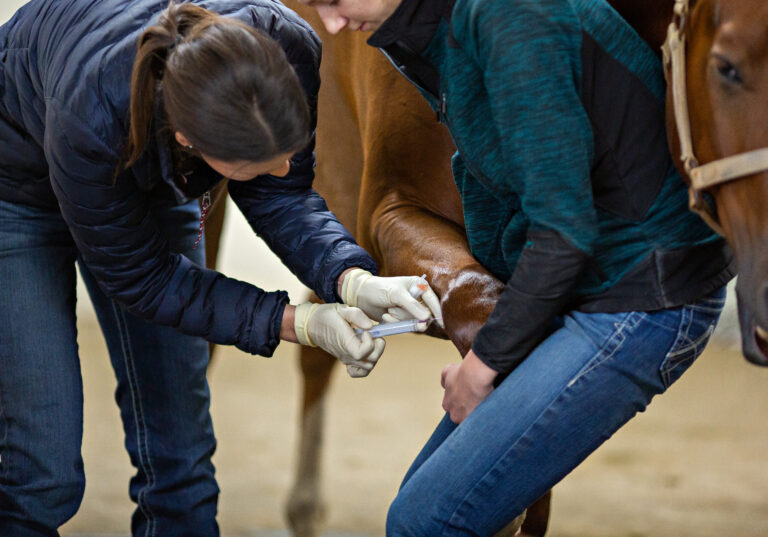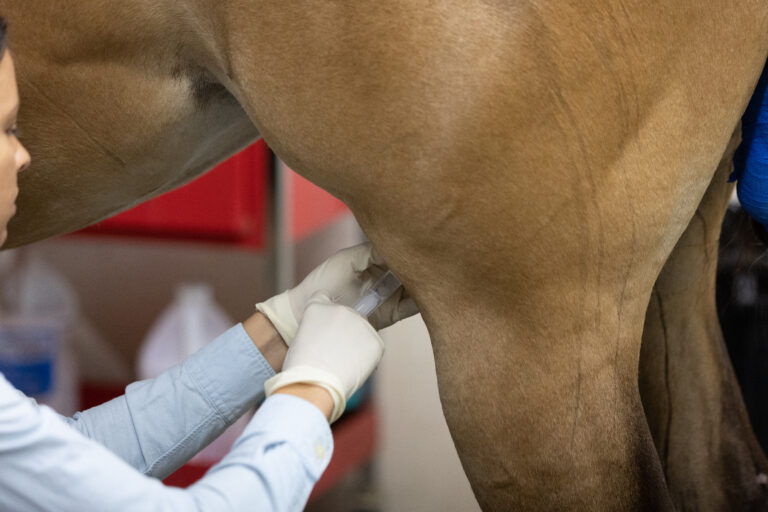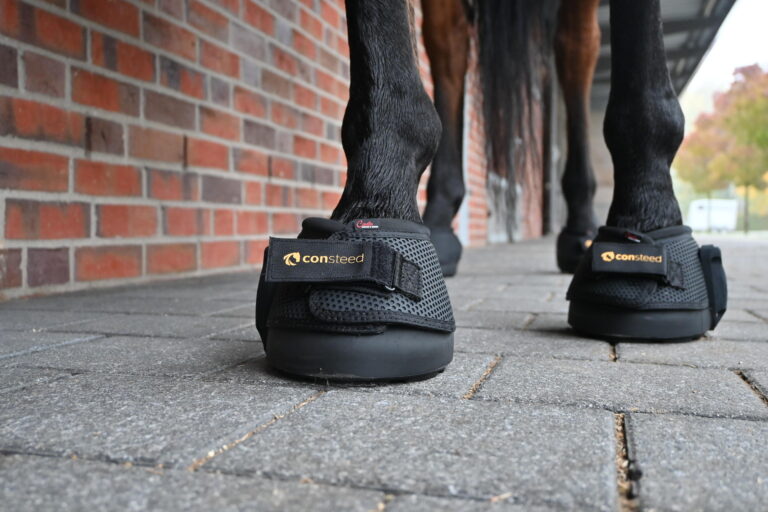
New graduates interested in equine practice comprise a small portion of those completing veterinary school each year. According to the AVMA/AAEP Report on the Economic State of the Equine Veterinary Profession, from 2018 to 2023, an average 1.4% of total vet school graduates entered equine associate positions directly after graduation, and 4.75% entered equine internships. In 2023, this translated to 133 new graduates entering equine internships, a rise from just 112 in 2022. With so few new veterinarians interested in equine internships, having an attractive program is more important than ever!
AAEP Resources for Internship Programs
The AAEP’s effort to transform equine internships resulted in a group of useful resources, which are available here. The AAEP Internship Subcommittee developed a Best Practices document “intended to foster transparent and ethical equine internship programs which are mutually beneficial to both the intern and the veterinary practice.” While not every practice offering an internship will immediately meet all recommendations, these best practices form a valuable basis for discussion and goal setting, designed to foster long-term success for new veterinarians entering equine practice. AAEP members can download the document here.
Salaries and Benefits for Equine Practice Interns
Salaries and benefits for equine interns have improved substantially in the past five years, with the average intern salary in 2024 exceeding $45,000. More programs are giving interns vacation time and regular days off from clinical duties. High-quality mentoring is one of the benefits new graduates desire most in their first year in practice, along with frequent, balanced, and actionable feedback. Practices with strengths in this area can be more successful in filling their positions. When practices recognize and ensure the mutual benefit of a well-crafted internship program, their applicant pool is likely to increase.
How Equine Practices Can Attract Interns
Because of the large number of internships available at equine practices, new graduates have choices. During externships, students evaluate practices’ culture and suitability for their future needs. Developing a structured externship program that truthfully represents the intern experience can help potential interns judge whether the practice is a good fit. Spending time with current interns allows externs to see firsthand how the internship year will help or hinder their development as an equine practitioner. Practices that require interns to work until exhaustion with minimal time for personal needs, or those that use their interns as technicians, often struggle to fill their positions. Practices with senior doctors who are poor mentors, have expectations of perfection, or give harsh feedback will also struggle.
The worst outcome of an internship is when a new doctor is “broken” by the experience. Unfortunately, this is common, especially at some prestigious practices known for successfully placing interns in coveted residencies. Because these practices continue to attract applicants year after year, they have no incentive to change. For early-career equine practitioners dreaming of specialty diplomate status, careful evaluation is critical. There are internship programs that offer both high residency acceptance rates and humane treatment. As time goes on, these progressive programs are likely to become the most competitive.
Final Thoughts
To attract and retain early-career equine practitioners, internships must offer positive experiences that increase confidence, skills, and love for the career, while allowing new doctors to build lifelong relationships with professional colleagues. By having pride in the “product” the internship produces to ensure the future of equine veterinary medicine, practices will design high-quality learning environments that increase equine veterinary retention.
Related Reading
- Equine Veterinary Sustainability: What Equine Vet Students, New Grads, and Interns Need
- Equine Veterinary Sustainability: Explaining Compensation Packages to New Hires
- Equine Veterinary Sustainability: Being the Change
Stay in the know! Sign up for EquiManagement’s FREE weekly newsletters to get the latest equine research, disease alerts, and vet practice updates delivered straight to your inbox.


![[Aggregator] Downloaded image for imported item #18782](https://s3.amazonaws.com/wp-s3-equimanagement.com/wp-content/uploads/2025/11/03125751/EDCC-Unbranded-13-scaled-1-768x512.jpeg)

